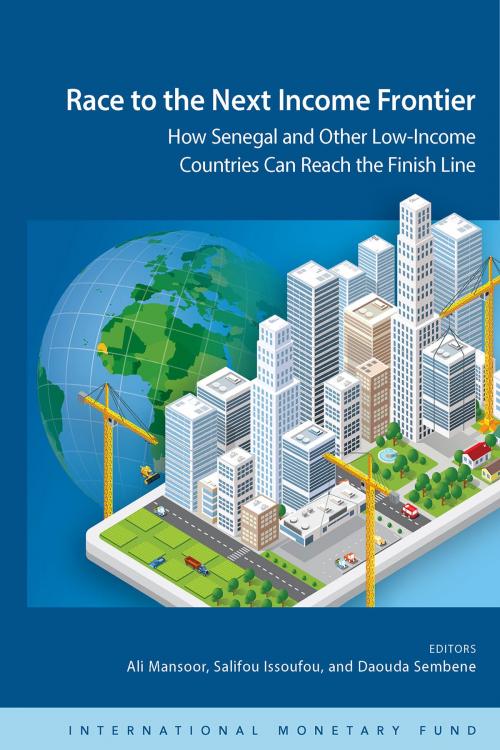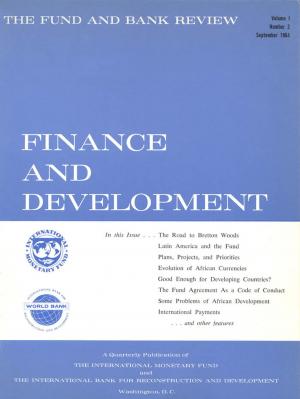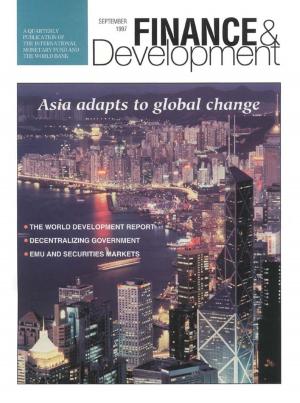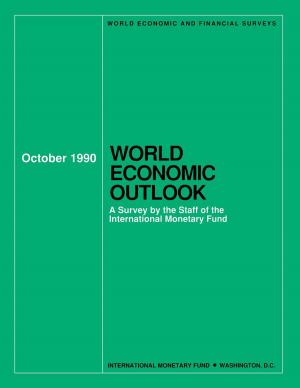Race to the Next Income Frontier
How Senegal and Other Low-Income Countries Can Reach the Finish Line
Business & Finance, Economics, Public Finance, Finance & Investing, Banks & Banking, Macroeconomics| Author: | Ali M. Mansoor, Salifou Issoufou, Daouda Sembene | ISBN: | 9781484340592 |
| Publisher: | INTERNATIONAL MONETARY FUND | Publication: | April 4, 2018 |
| Imprint: | Language: | English |
| Author: | Ali M. Mansoor, Salifou Issoufou, Daouda Sembene |
| ISBN: | 9781484340592 |
| Publisher: | INTERNATIONAL MONETARY FUND |
| Publication: | April 4, 2018 |
| Imprint: | |
| Language: | English |
Economic transformation and diversification require solutions that take account of the political economy of reform. This book explores the process of economic transformation, using Senegal as an example. Sound macroeconomic and fiscal policies are prerequisites for achieving this kind of transformation, but these policies need to include the appropriate industrial policies and good economic governance, which provide incentives to help small- and medium-sized enterprises emerge from the informal sector and for foreign direct investment to use the country as a platform for globally competitive production. In many low-income countries extensive rent seeking and patronage have generated stability at the expense of inclusive growth and held back development. Although policymakers know what is needed to address these problems and achieve economic transformation and diversification, how to do it remains a challenge. This book shows how the political economy of reform may be navigated to achieve transformation. For example, the use of special economic zones may solve the problem if good global governance is emphasized, along with linking the zones to the global economy.
Economic transformation and diversification require solutions that take account of the political economy of reform. This book explores the process of economic transformation, using Senegal as an example. Sound macroeconomic and fiscal policies are prerequisites for achieving this kind of transformation, but these policies need to include the appropriate industrial policies and good economic governance, which provide incentives to help small- and medium-sized enterprises emerge from the informal sector and for foreign direct investment to use the country as a platform for globally competitive production. In many low-income countries extensive rent seeking and patronage have generated stability at the expense of inclusive growth and held back development. Although policymakers know what is needed to address these problems and achieve economic transformation and diversification, how to do it remains a challenge. This book shows how the political economy of reform may be navigated to achieve transformation. For example, the use of special economic zones may solve the problem if good global governance is emphasized, along with linking the zones to the global economy.















